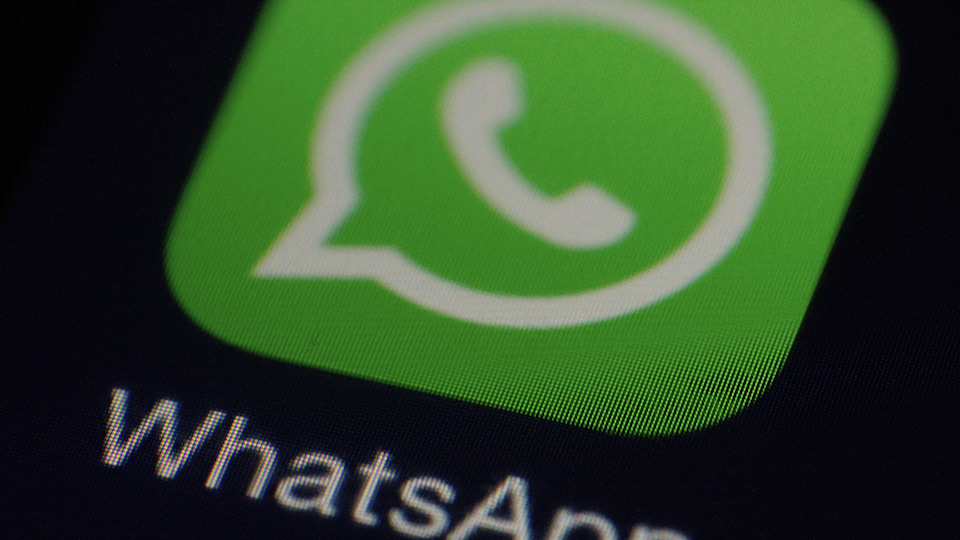US court paves way for lawsuit against NSO

The spyware provider NSO cannot claim immunity before a US court. This was decided by a court of appeals in California on Monday. A lawsuit by WhatsApp and its parent company Facebook against the Israeli company is therefore admissible.
To avert a lawsuit, NSO Group had argued that it sells law enforcement technologies to government agencies. Therefore, the company should be considered a state actor and should be immune from prosecution. However, the court unanimously rejected this. The ruling said it was an “easy case”: NSO was a private company. The purpose for the surveillance technology did not make the company a representative of a foreign government.
The lower court had already denied NSO immunity in July 2020 and the company had appealed against this.
WhatsApp users infected with Pegasus
This is based on a lawsuit filed by Facebook against NSO in 2019: Facebook accuses the company of being involved in attacks on 1,400 WhatsApp users. Among those targeted were journalists, lawyers, dissidents, human rights activists, diplomats and government officials.
According to the report, NSO had exploited a security vulnerability in WhatsApp’s call function that existed at the time, in order to plant its controversial Pegasus spyware in smartphones. The devices that were called were infiltrated even if the call was not accepted. Servers associated with NSO had been used for these attacks. In addition, WhatsApp was able to attribute several user accounts used for the attacks to the Israeli company.
Facebook accuses NSO of violating U.S. laws, such as the Computer Fraud and Abuse Act, as well as WhatsApp’s terms of use. The case may now be heard in the US District Court in Oakland, California.
“Important step”
A WhatsApp spokesperson told Reuters news agency the ruling was “an important step in holding NSO accountable for its attacks against journalists, human rights defenders and government leaders.”
The civil rights organization Access Now also welcomed the court’s decision. Natalia Krapiva of Access Now said that as the trial continues, it will be difficult for NSO to “hide its abuses behind the shroud of secrecy.”
NSO and its Pegasus spy software have long been linked to human rights violations. For example, Saudi journalist Jamal Khashoggi was allegedly spied on using Pegasus before his murder in 2018.
In the summer, the organizations Forbidden Stories and Amnesty International, as well as several international media, had also uncovered how media workers, human rights activists, and opposition figures around the world were being monitored with Pegasus.
Arrest in Mexico
Most of the potential surveillance targets came from Mexico: 15,000 people were targeted there between 2016 and 2017 alone. Within this context, a Mexican businessman was arrested this week. He allegedly used the surveillance program against a journalist. According to media reports, the accused is linked to a company that served as an intermediary between NSO and the Mexican authorities.
Last week, the US placed the spyware provider on its sanctions list. The reason given was that NSO’s activities run contrary to “the national security or foreign policy interests of the United States”. Without a special permit, U.S. companies are prohibited from selling certain technologies to companies on the Entity List.
Several UN human rights experts have since called for a global moratorium on the sale and transfer of surveillance technologies. They said spyware violates the rights to freedom of expression and privacy, and that the technology is “life-threatening”. Organizations such as Amnesty International and Reporters Without Borders are also calling for such a moratorium. (js)